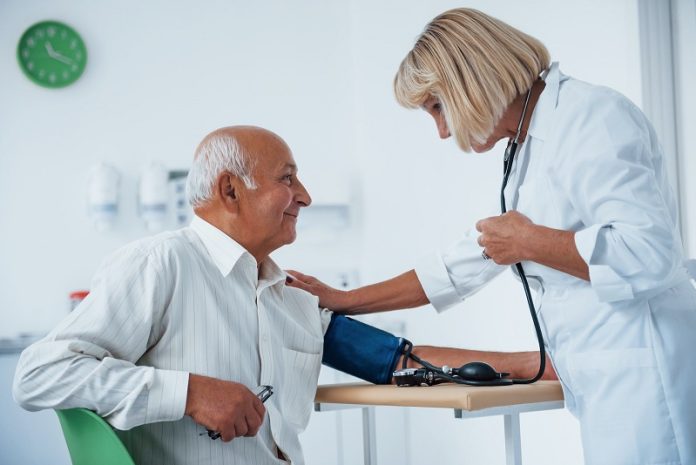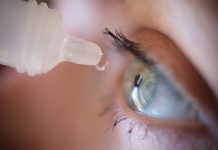
High blood pressure is often silent, showing no obvious symptoms, yet it can unleash havoc in the form of dangerous health complications like heart attacks and strokes.
Particularly as we age, this quiet issue becomes increasingly prevalent.
Although medications exist to manage it, scientists are on a perpetual quest to enhance treatments and thereby, improve future health prospects for a wide swath of the population.
Zooming in on Advanced Treatments
A curious team of scientists embarked on a journey to explore the universe of treatments for high blood pressure, aiming to determine whether a more rigorous treatment regimen could be the silver bullet for preventing strokes among the elderly.
To do this, they scrutinized the findings of nine different studies, which are technically referred to as randomized clinical trials.
These studies collectively enveloped 38,779 individuals, all between the ages of 66 and 84, and monitored them for a duration that varied between 2 and 5.8 years.
Shedding Light on Intensive Treatments
Through their extensive exploration of the data, the researchers unearthed that a more intensive approach to blood pressure treatment can indeed be a safeguard against strokes for older adults.
They deduced that within approximately 1.7 years, such an intensive treatment could potentially prevent one stroke among a group of 200 older individuals.
Intriguingly, the efficacy of the treatment wasn’t universal and was influenced by the individual’s initial systolic blood pressure (that’s the top number when you get a blood pressure reading).
For older folks with an initial systolic pressure below 150 mmHg, it took a bit longer than 1.7 years to fend off a stroke with the treatment.
Conversely, for those who started off with a systolic pressure above 190 mmHg, the treatment demonstrated its worth more swiftly, averting a stroke in under 1.7 years.
Implications on Treatment Guidelines and Choices
These findings take on a pivotal role, especially when juxtaposed with the guidelines propounded by the American College of Cardiology and the American Heart Association, which implore doctors to enter into dialogues with older adults about the pros and cons of high blood pressure treatments.
A critical aspect that has hitherto been absent is data regarding the timeframe within which blood pressure treatment begins to manifest results.
Vanessa S. Ho, MS, from California Northstate University College of Medicine, and the captain of this research ship, underscored the salience of this information.
For older adults, particularly those in the twilight of their lives, comprehending how long it might take for a treatment to bear fruit is vital, as it enables them to make informed healthcare decisions.
Drawing the Bigger Picture
So, what’s the takeaway from this research? If you, or someone close to you, are an older adult navigating the challenges posed by high blood pressure, opting for a more intensive treatment strategy might just be the key to keeping strokes at bay.
Encouragingly, this treatment could potentially begin to show results in a timeframe of less than two years.
This research not only plugs vital gaps in our knowledge, facilitating informed treatment decisions by both doctors and patients but also lays down paths that might help numerous individuals enjoy longer, healthier lives.
Further, for those keen on maintaining robust blood pressure health, numerous studies highlight how incorporating common foods and simple exercises can significantly influence blood pressure and diabetes risk.
For additional insights on heart health, consider perusing recent studies concerning a diabetes drug that could potentially benefit a majority of people with heart failure and a food ingredient that could notably amplify the risk of death from heart disease.
Published in the Journal of the American Geriatrics Society, this study emerges as a crucial landmark, enhancing our comprehension of blood pressure treatments for the elderly.
If you care about stroke, please read studies that diets high in flavonoids could help reduce stroke risk, and MIND diet could slow down cognitive decline after stroke.
For more information about nutrition, please see recent studies about antioxidants that could help reduce the risk of dementia, and tea and coffee may help lower your risk of stroke, dementia.
Follow us on Twitter for more articles about this topic.
Copyright © 2023 Knowridge Science Report. All rights reserved.



